The UK’s nightlife sector is arguably on the brink of collapse, with grassroots and independent music scenes being hit the hardest. But is there a glimmer of hope ahead?
By Edwin Fairbrother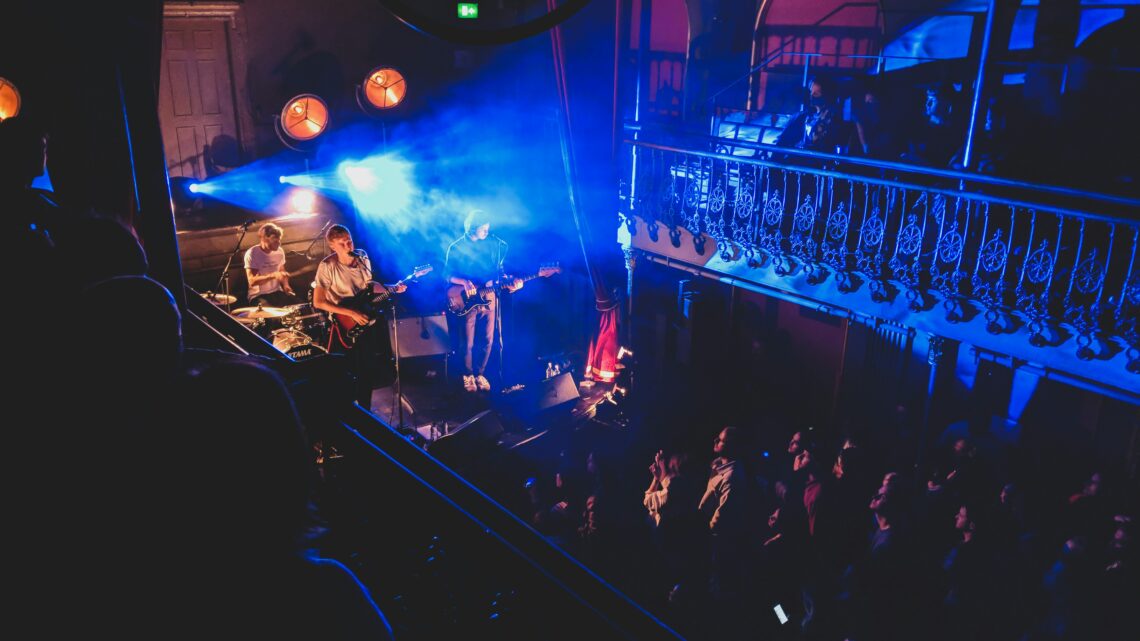
Scene Report: UK Independent Nightlife Sector
Since the start of the pandemic the UK nightlife sector has continued to dwindle, even after the initial buzz of reopenings in 2021. Key figures in the industry point to a number of proliferating factors causing the decline, unfortunately impacting grassroots and independent music scenes the most.
It’s no surprise to anyone that the nightlife sector across the UK (and much of the world) has had a particularly hard time since the beginning of the pandemic in 2020. Now 4 years on the night time economy in the UK seems worse than it’s ever been. So, how have independent venues been impacted? And is there any hope for improvement going forward?
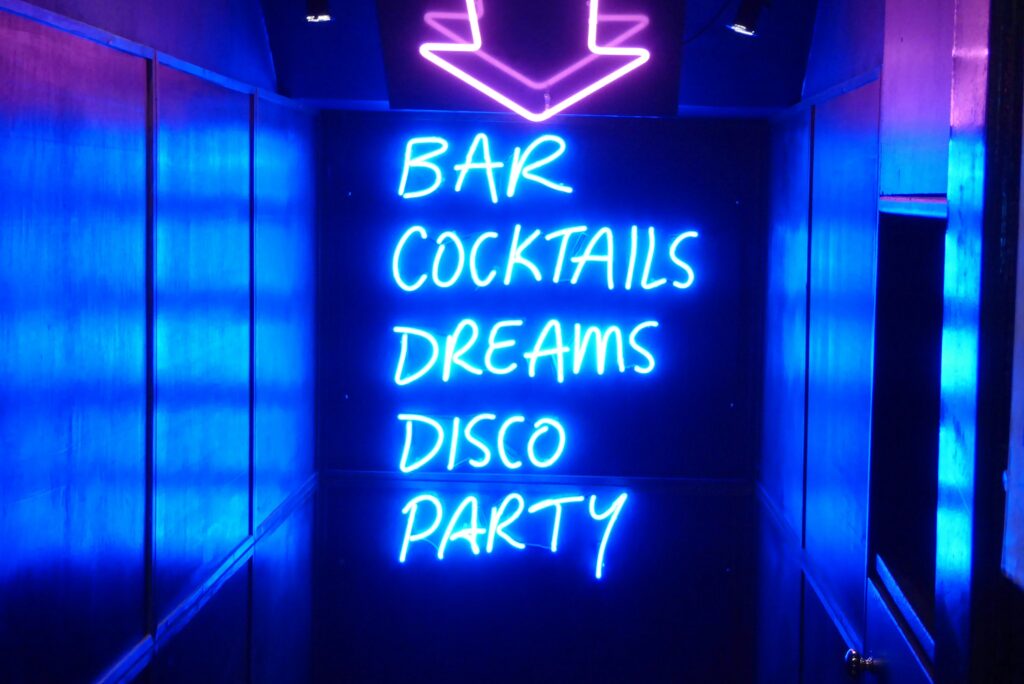
According to data collected by the Night Time Industries Association, in the UK from December 2020 to December 2023, at least 31% of nightclubs and venues in the UK have closed down. Caterer Licensee Hotelier News reports a “disproportionate impact on independent establishments, with 312 independent nightclubs succumbing to closure, signalling a dire crisis for these cherished venues.” adding “repercussions extend far beyond mere economic loss, striking at the heart of our social fabric.”
“This highlights the urgent need for tailored support to address the distinct challenges faced by independent operators.” – CLH News

DJ and musician closely involved in London alternative music scenes for many years Phil Able, now residing in Brighton, reminds us of venue closures as far back as 2009, sparking the decline of the independent music sector in London. He mentions the famous London Astoria, The LA2, Club Sin, Mean Fiddler, and The 12 Bar as notable independent venue closures, citing greedy developers and “stratospheric rent costs” as the primary reasons.
“Something of a landslide of loss began regarding well run, perfectly chaotic, and spontaneously spirited alternative bars, music venues and hang outs.” – Phil Able
Despite London having a Night Czar paid almost £120k a year – Amy Lamé – London’s night time economy seems to be in the worst shape it’s ever been. Business owners and workers in the nightlife industry speak of many reasons why it’s in such a dire state; with the cost of living crisis, redevelopment, licensing challenges, and a changing drinking culture among Gen Zs being the primary components towards this situation. Higher costs associated with going out, as well as with running hospitality businesses are clear reasons for this unfortunate decline.
Editor and president of Viva La Rock Magazine and lead singer of rock band Desperate Measures, Eugene Butcher, attributes most of these problems to the fact that “people aren’t going out as much.”
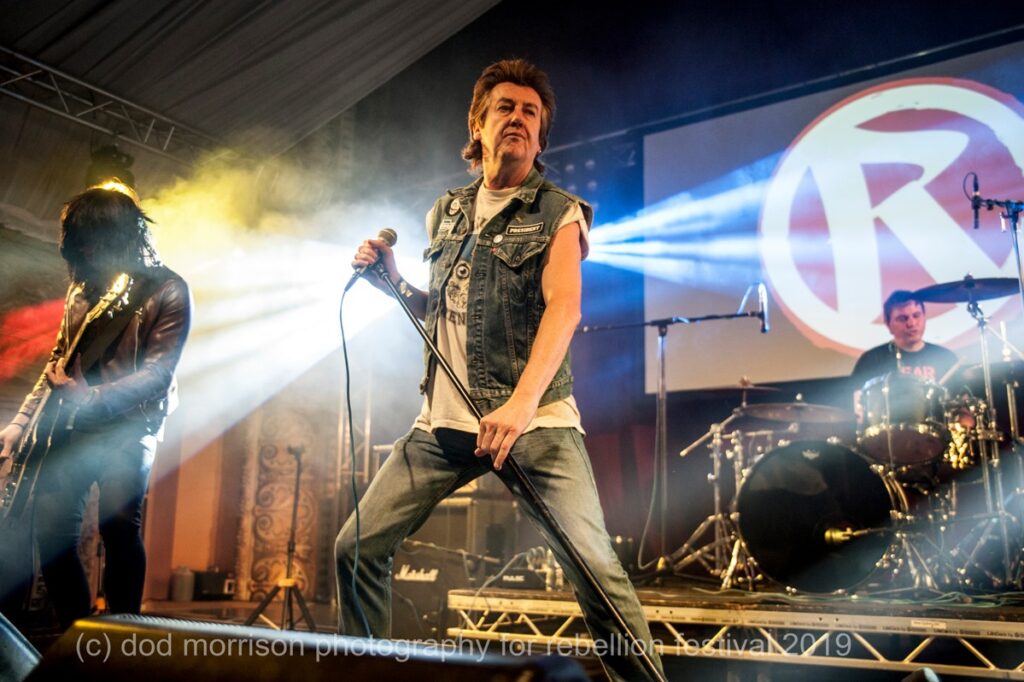
“People are simply not going out as much, they seem to be saving for the big concerts.” – Eugene Butcher
With hundreds of independent nightclubs and venues closing since the start of the decade, and 46 London pubs closing in just six months last year alone, it’s perhaps no surprise that the grassroots music sector is almost on its knees.

Local DJ and owner of music royalty consultancy Sonic Efficiency, Miss (Sarah) Monument, now based in Brighton, tells SoundSight Mag rising costs, lack of government support, and noise complaints from residents are the key factors negatively affecting independent music spaces, also highlighting the increasing number of festivals that are closing down due to those causes.
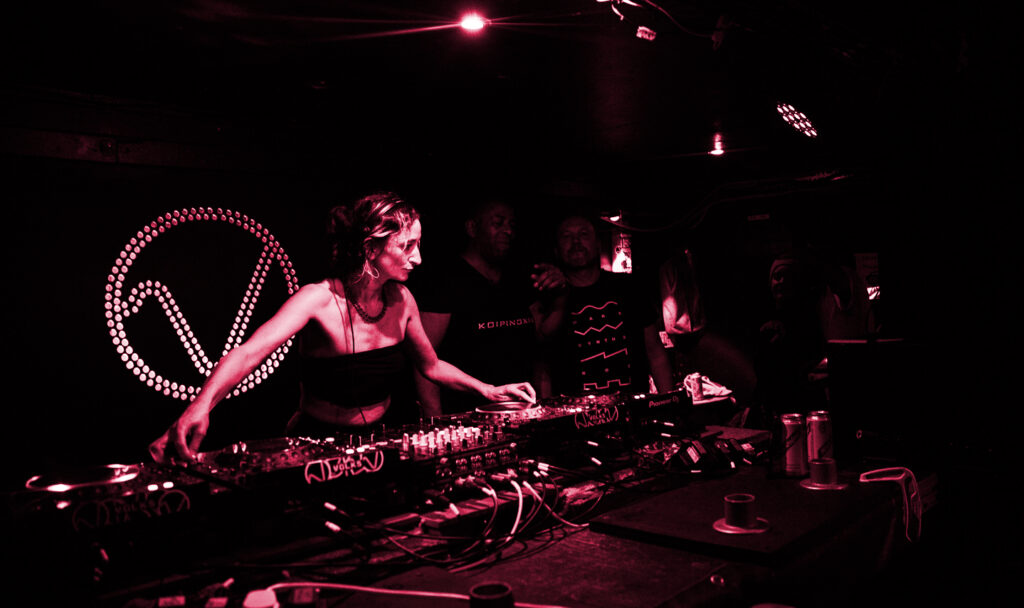
“There’s been a shocking rise in the number of UK festivals that have had to announce they cannot continue. It’s the same for local music venues, and recently there’s been a few campaigns here in Brighton to try and save specific buildings which have had such a long standing history in our music scene.” – Miss Monument
Speaking to the Evening Standard, Bobby Hiddleston of London cocktail spot Swift, also mentions how damaging noise complaints can be in eroding local venues, “It feels as if the councils are only listening to the residents and not the businesses at all. The residents absolutely deserve their voice, but it is very one-sided right now.”
Despite blaming the government for not doing more, Miss Monument offers a glimmer of hope due to the versatility of independent music spaces, telling us “There will always be new venues popping up, and new festivals being started.” but also pointing to the fact that much of the independent venues and festivals are “relying on crowd funders.”
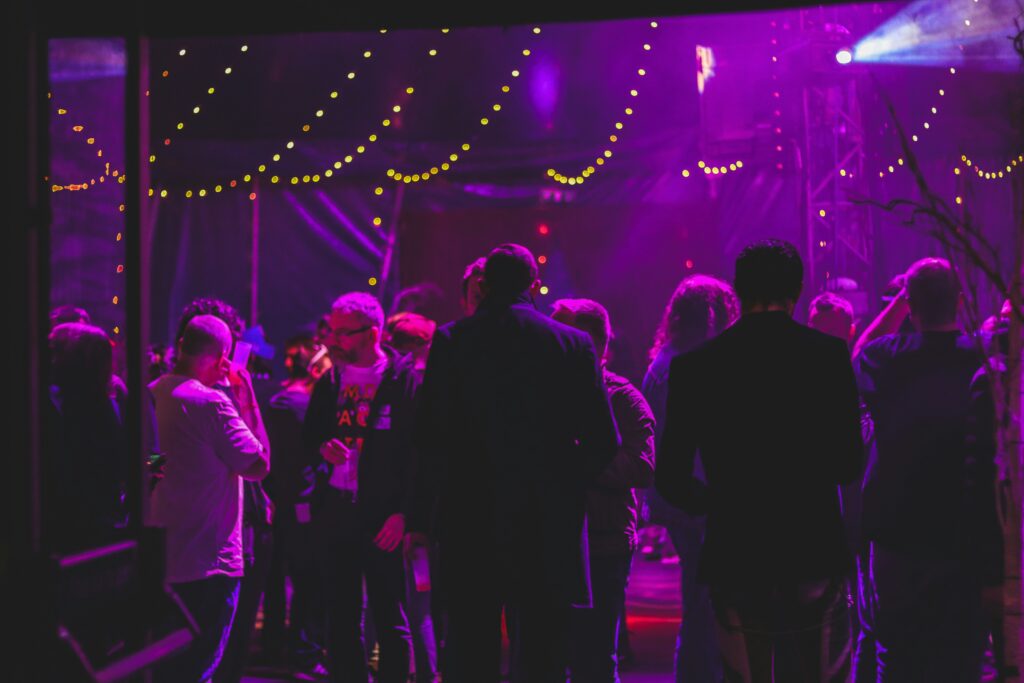
Phil Able also gives us a surprisingly optimistic take on the future of the alternative music sector in Brighton this summer.
“Great club nights still go on though. Club Voodoo is 15 years old, Reptile has now actually expanded to full live shows and tours, and Retribution gig nights are plentiful and well supported. The Devonshire Arms in Camden will always live so long as there is an alternative crowd and the owner is happy to accommodate them. I have only been in Brighton three months but even in that brief time, I’ve seen venues and clubs having refits….new ones opening and preparations for the summer are well underway with some seafront clubs and bars announcing “open front” policies. I see vibrant, active and progressing music scenes in many areas and in many genres.” – Phil Able
A glimmer of hope and optimism for the independent music sector is of course welcomed, and is a positive reminder that grassroots scenes can never be stamped out completely.
That said, there’s only so much leaders within the scenes can do without government support.
“The government really does need to start recognising the significance of our sector.” – Miss Monument
There is wide consensus that London’s night czar Amy Lamé has done next to nothing to save independent venues, with a HM Treasury spokesperson telling City A.M. they have halved inflation and frozen alcohol duty until August 2024, being half-measures that have come too little too late.
According to Miss Monument, the Agent of Change Policy which is supposed to protect venues against noise complaints by warning people moving to new build developments of the cultural spaces that already exist there, “is highly subjective and doesn’t apply to anyone moving into a current residential home of course.”
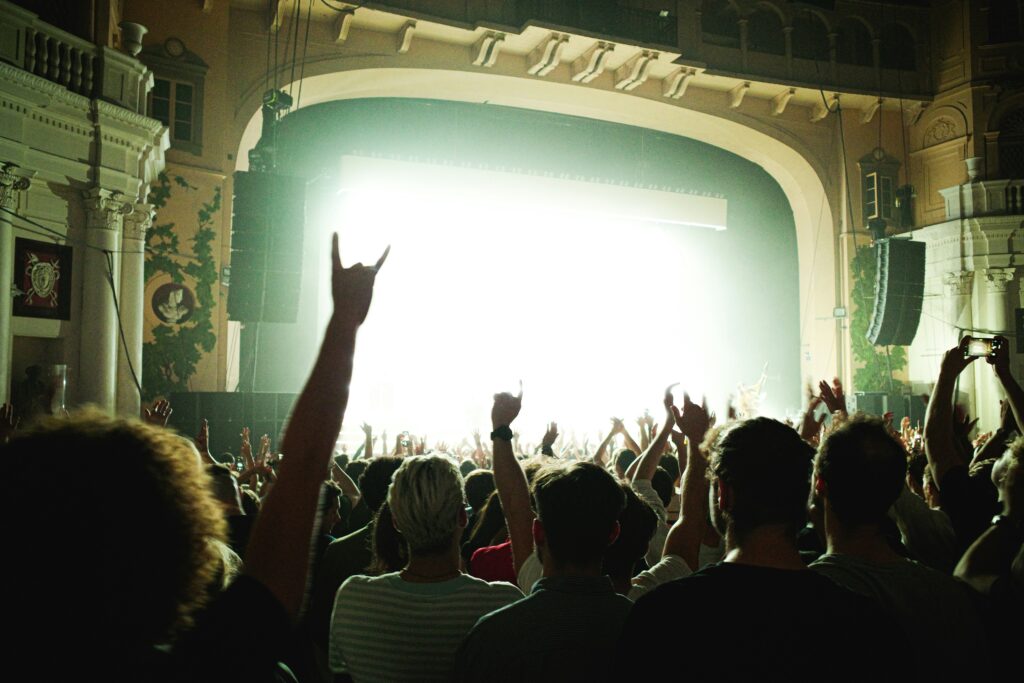
Eugene points to an example policy in France aimed at taxing large mainstream shows to support small venues, that could be used to help the independent music sector in the UK.
“In France, every gig over 5000 people has to give 4% of ticket price to a small venues fund. Let’s do that.” – Eugene Butcher
How are clubs aimed at minority groups such as LTGBQ queer nights doing their bit to keep the independent sector alive? Find out in our upcoming May articles coming from Cameron Evans!
One good way to support independent artists and scenes is to go and show their music some love! Check out Desperate Measures’ latest album Sublime Destruction, Phil Able’s On The Nose EP, and Miss Monument’s mixes to do your bit while listening to some awesome music!



